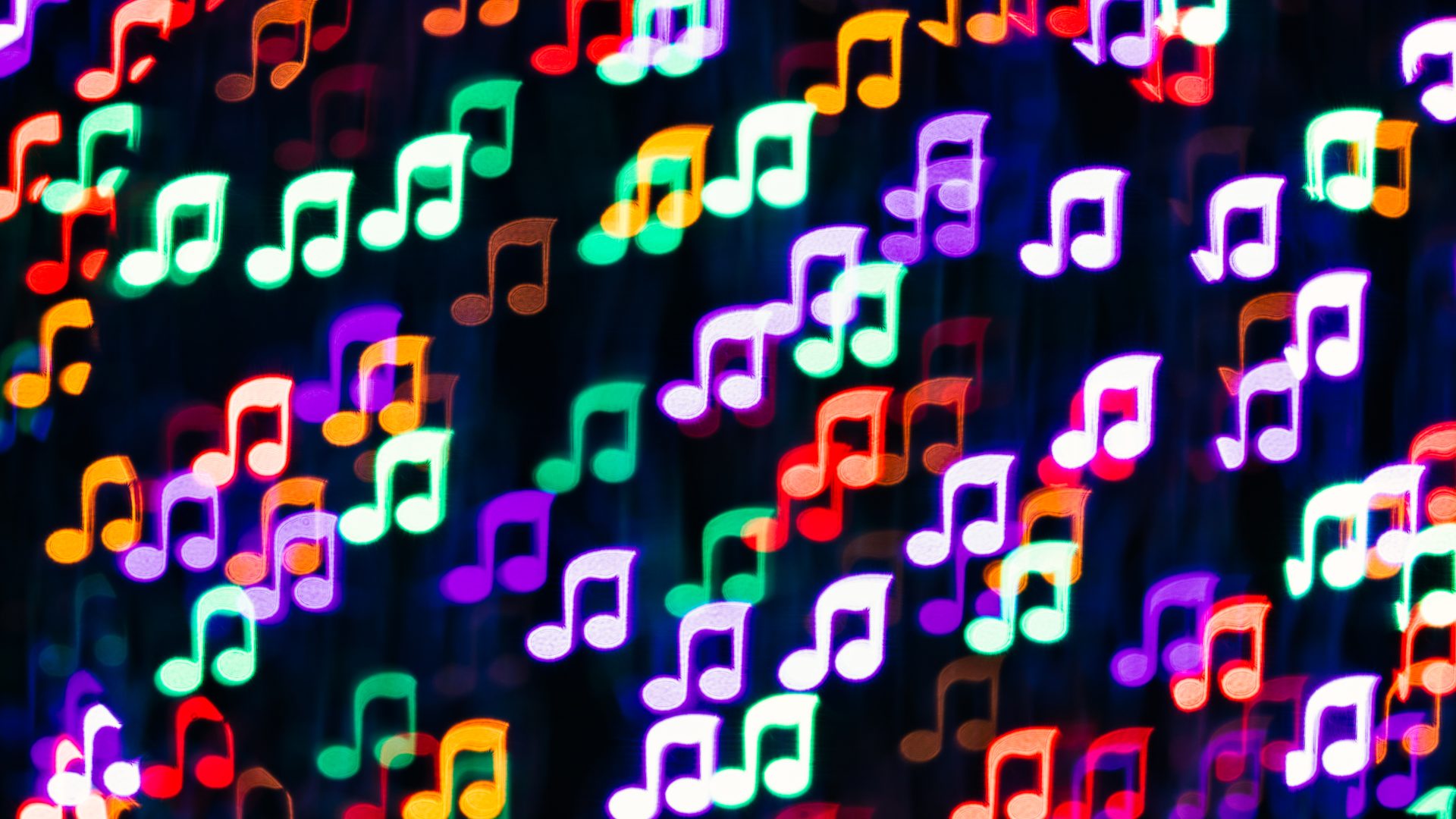
With the advancements in artificial intelligence (AI) in recent years, the music industry has been a focal point of the conversation, specifically for Black artists. Various music producers and artists have toyed with AI software to create new techniques within the music creation process. For some, AI seems to be breaking barriers that wouldn’t otherwise be broken or have the possibility of existing. For others, AI has yet to be fully integrated into their lives. Could this be a result of minorities not being supported through technological transitions?
Many have feared that the lack of diverse representation in tech spaces will negatively impact AI-generated music from artists of color. The popular trend of music artists having their voices used on songs by other artists or for newly created songs began to create a conversation surrounding the allowed usage for the likeness of singers and songwriters. The growing trend soon got industry insiders involved. Universal Music Group (UMG) decided to step in and advocate for said artists by filing a copyright infringement lawsuit in the Fall of 2023 on AI company Anthropic.
According to Reuters, the recording company accused the tech brand of wrongfully using song lyrics for over 500 songs to train a chatbot on their platform. As the case progresses, Anthropic has continued its stance that there were no misappropriations of said lyrics and that the utilization of the songs was merely harmless. “I personally haven’t had any use for AI when creating music,” says emerging West Coast rap artist and photographer Mekhi Stevenson (professionally known as M2), who expressed his curiosity about artificial intelligence in music.
Though he has yet to dive deeper into software like Magenta or Lalal.ai, which specialize in aiding with music curation, Stevenson feels that it has the potential to be useful in the future if utilized correctly. “I heard Ty Dolla $ign speaking on it before, and it opened my eyes when he brought up reference tracks,” he tells GU.
Read ‘How Will AI Affect Society?’
Reference tracks are another looming example of how AI can be seen as beneficial and detrimental to music artists of color. From one perspective, it helps to fast-track the process for musical vetting and identification of songs that fit one artist better than another. “A lot of artists make tracks to songs, whether it was for sale or not, in order for another artist to re-record it. He brought up the idea that if someone used his AI voice on the reference, it would save time as he wouldn’t even need to go and record it. In my eyes, as long as the person who will be touring it on stage can perform it up to par, then I see no wrong.”
Still, the opposing perspective can argue that this could open a larger window for the misuse and abuse of an artist’s voice by putting it at a producer’s or creator’s mercy. When diverse voices are not part of the curation of mainstream products, such as music, they can lack full quality and connectivity to represent diverse audiences. Historically, people of color have not been looped into technological advancements due to other races’ lack of concern to share or the previous history of not having been a heavier representation during the earlier developments of technology over time. This has resulted in what many balance as emotions of eagerness yet eeriness for what’s to come.
According to NBC Bay Area, Roy Clay Sr. is known as the “godfather of Silicon Valley” after he became the first African American to hold a prominent role in the industry and brought others along with him. Clay’s efforts alongside those preceding him, like Katherine Johnson, James Edwards West, and Granville Woods, helped pave the way for representation in African Americans’ knowledge and interest in STEM, which many still fight for today. An example is a 2022 report by the National Center for Women & Information Technology stating that only 6.3 percent of Black tech professionals make up the workforce.
The conversation of AI’s impact continues to circulate as software has begun depicting the work of Black music artists, cutting down on the creative process that derives from a person of color. YouTube and SoundCloud are prime examples of this, as they house numerous remixes, mashups, and renditions not cleared by the artists or their management. While fans may enjoy these releases, they can compromise the integrity of an artist’s truthful craft of singing or rapping something from their own experience rather than being generated by software.
Indie pop and R&B artist L!nwood (Linwood Smith) has experience using AI throughout his music career and sees the new tech advancement as something that will push the industry forward. “There are a lot of tools that have been extremely helpful when I create my music or write songs,” he says. “I think AI can make creating easier in different stages of the music process, although I still think it’s important to not rely too much on AI.” The Maryland native confirmed his usage of the platform LANDR, which advertises its mastering capabilities to help producers and artists fine-tune their recordings for clarity and conciseness.
“Decades ago, the only way to make music was in a true recording studio, and now anyone can make music from their bedroom. AI will make it easier for more good music to be made, and it will be silly to try to ignore it,” Smith says. “I just hope that AI doesn’t taint the artistry of creating music, and I hope that 100 percent AI music doesn’t become the norm.”